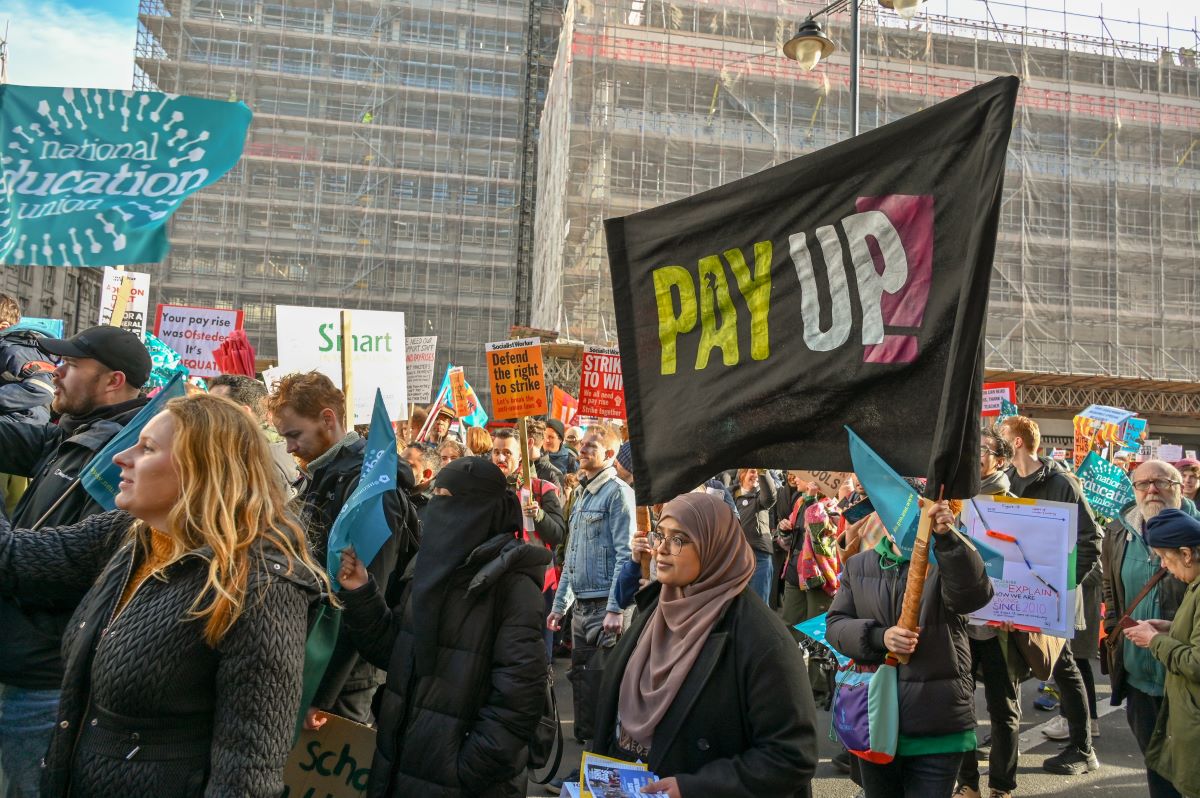Labour’s public sector pay rise promises collide with their tax pledges, as economists warn the government’s plans are untenable. Here’s the full story.
Rapidly Approaching Dilemma
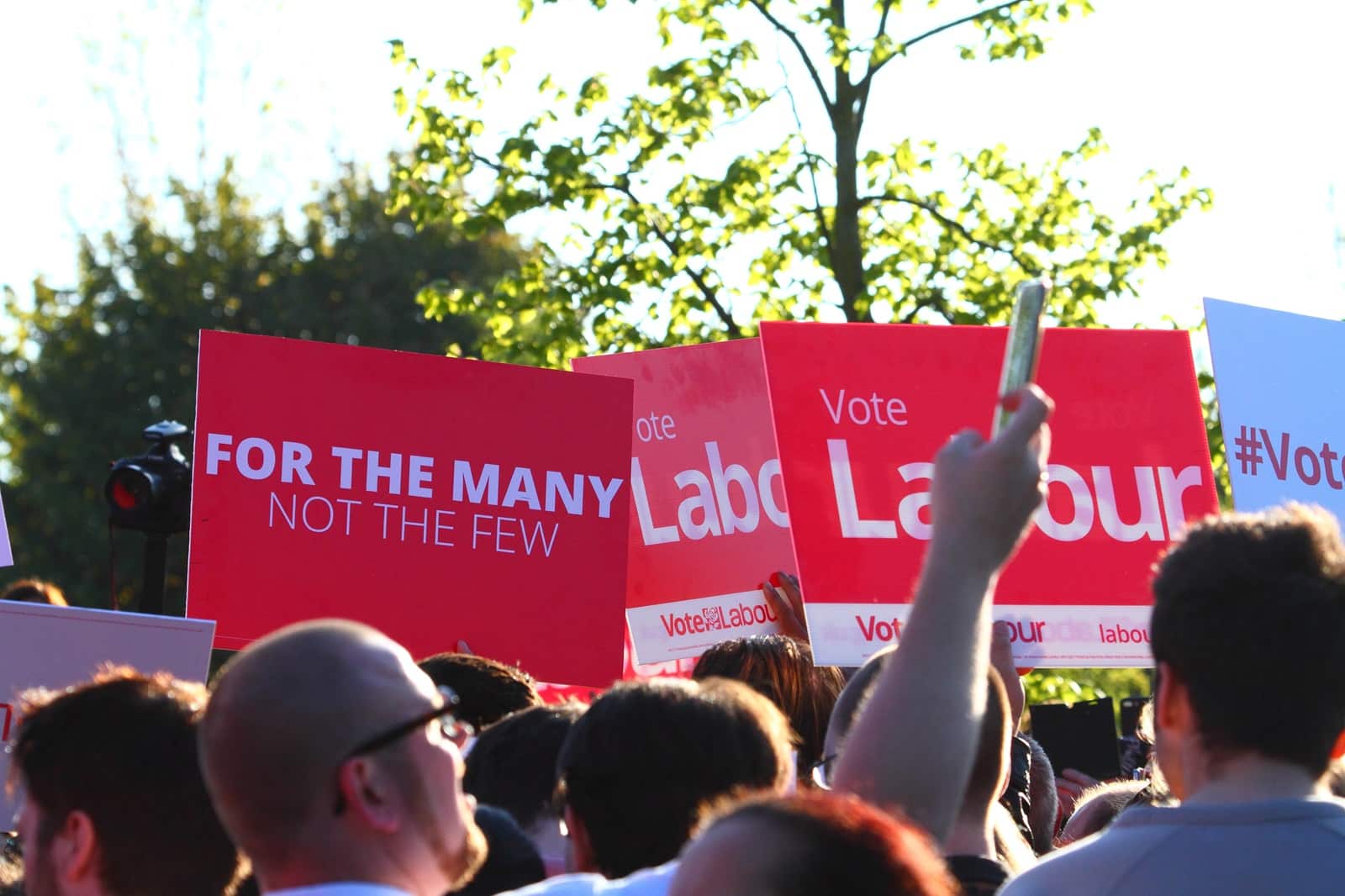
The recently elected Labour government is facing a rapidly approaching dilemma. Chancellor Rachel Reeves has hinted that a recent pay board recommendation that teachers and NHS staff should receive a 5.5% pay increase would be applied to all public sector workers following years of below-inflation wage growth.
Proposed Pay Hike
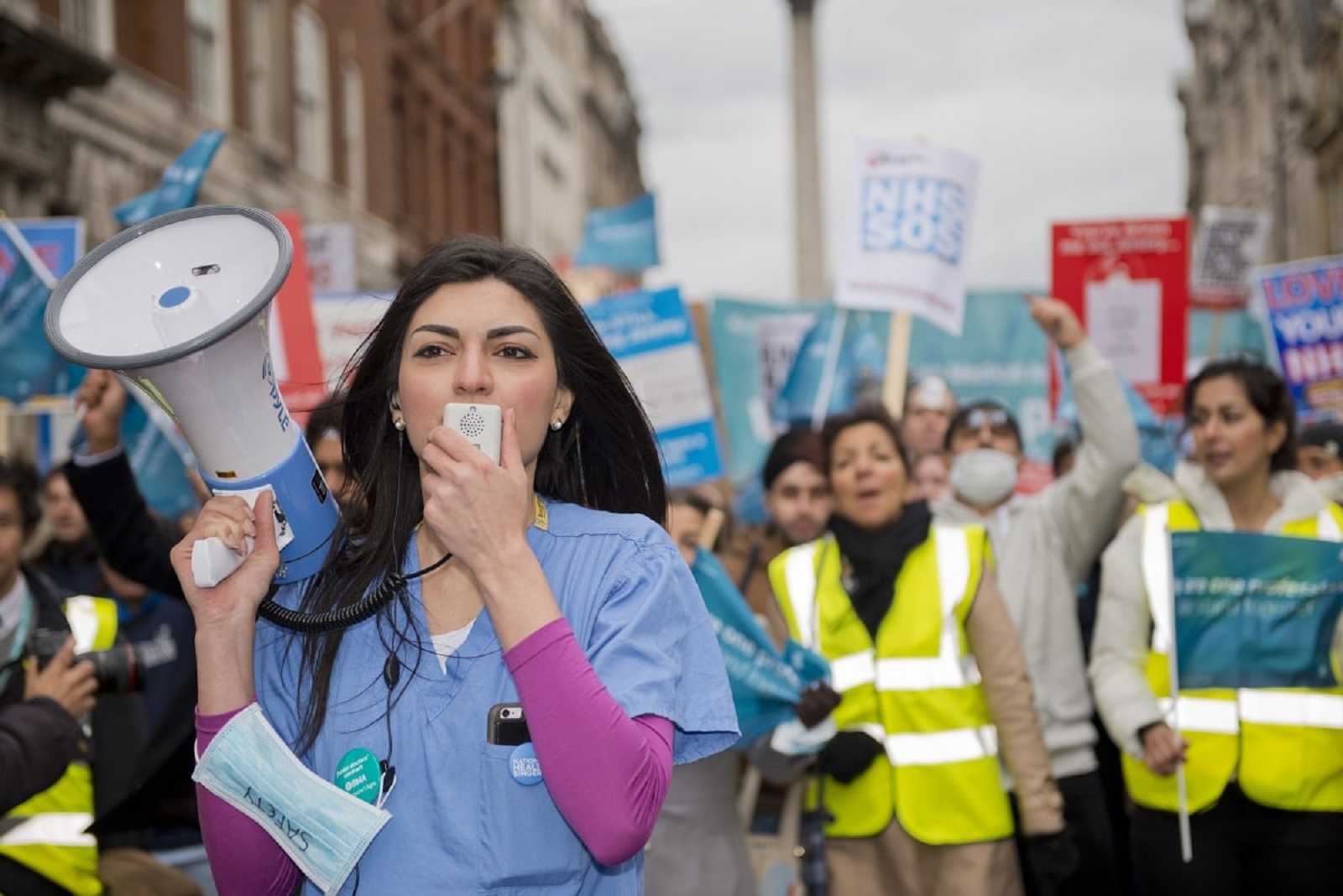
The proposed 5.5% pay hike for teachers and NHS staff alone would cost an estimated £5.5 billion, rising to £10 billion if extended to all public sector employees.
Economic Warnings
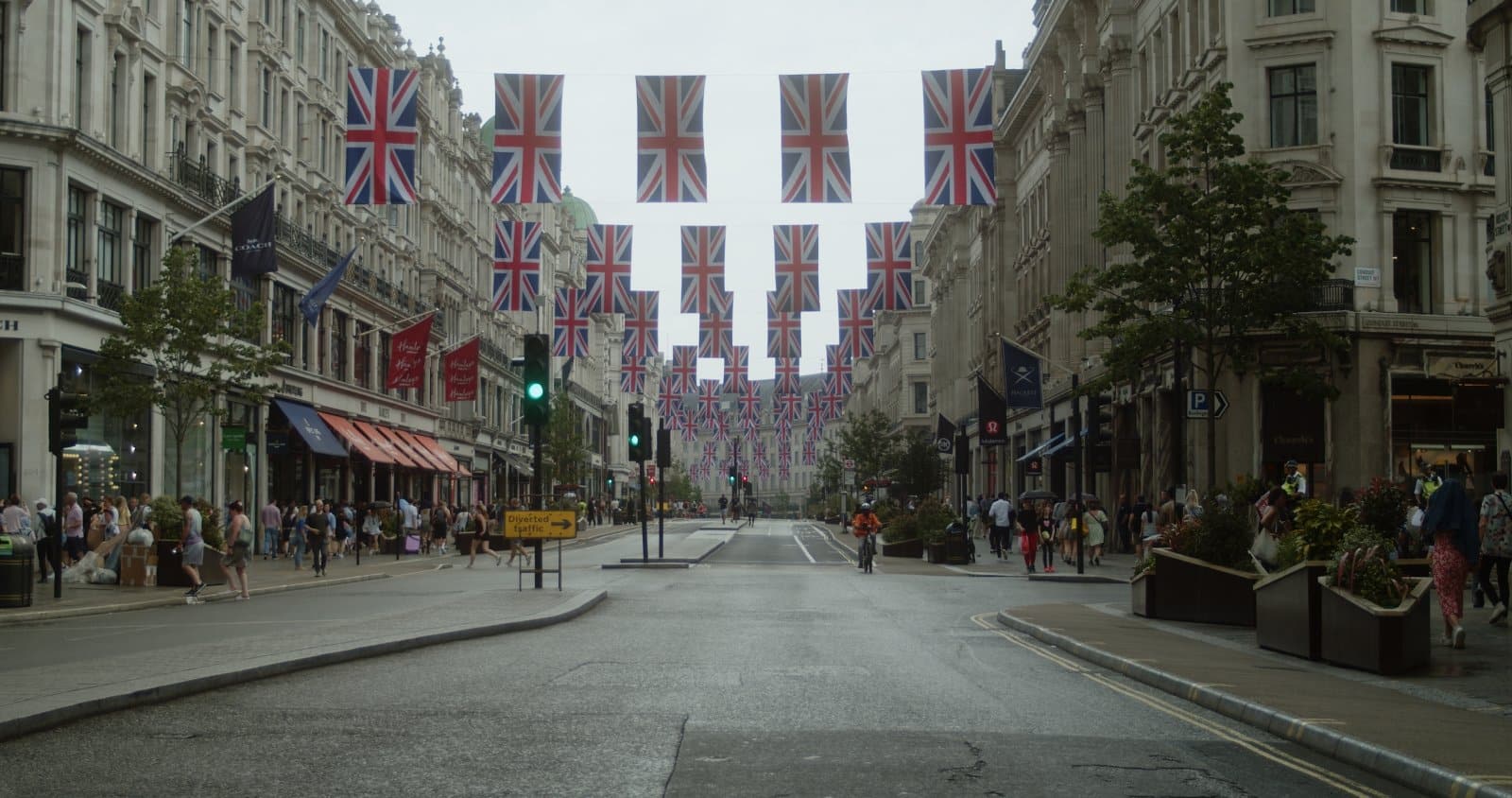
However, this decision has put Labour firmly in the sights of economic think tanks, whose economic researchers have released increasingly frantic warnings that increasing public sector pay would significantly strain the government’s budget.
Fiscal Rules Conflict

Ben Zaranko, a senior research economist at the Institute for Fiscal Studies (IFS), warned that the government’s self-imposed fiscal rules and budgetary restrictions “aren’t consistent with pay rises in the region of 5.5% to 6%.”
Difficult Trade-Offs

Zaranko stated, “It’s extremely difficult to see how you do that without finding some extra cash from somewhere, probably some combination of higher taxes or higher borrowing. It may be that they can fudge the fiscal rule or they get a bit lucky with the economic outlook. But I’ve got limited sympathy for the argument that things are economically much worse than we thought. It was all entirely predictable – and predicted.”
Criticism of IFS

The IFS has been criticised in the past for claiming to be independent while having an overly market-focused view of public policy. American economist John Weeks, a longtime critic of the IFS, warned that the think tank repeatedly “favour[ed] accounting balance over social outcome.”
Budgetary Warnings Taken Seriously
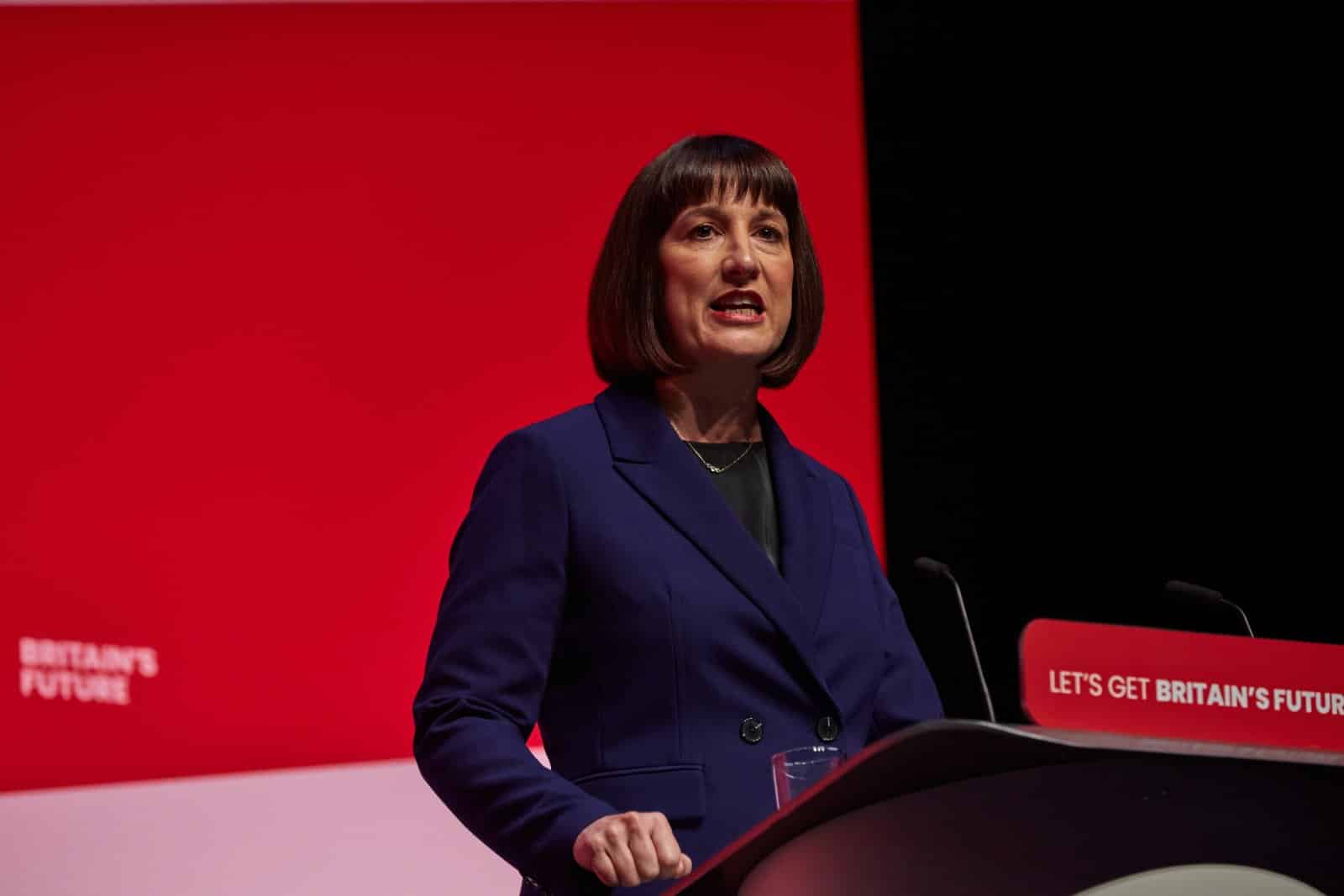
Despite past criticisms of the IFS, Reeves took the budgetary warnings seriously. In an interview with BBC One’s Sunday with Laura Kuenssberg, Reeves stressed that any pay increases would be done “in a proper way,” and that Ministers would “make sure that the sums add up.”
Cost of Not Settling

She stated, “There is a cost to not settling – a cost of further industrial action, a cost in terms of the challenge that we face in recruiting retaining doctors and nurses and teachers as well.”
Unions Warn of Strikes
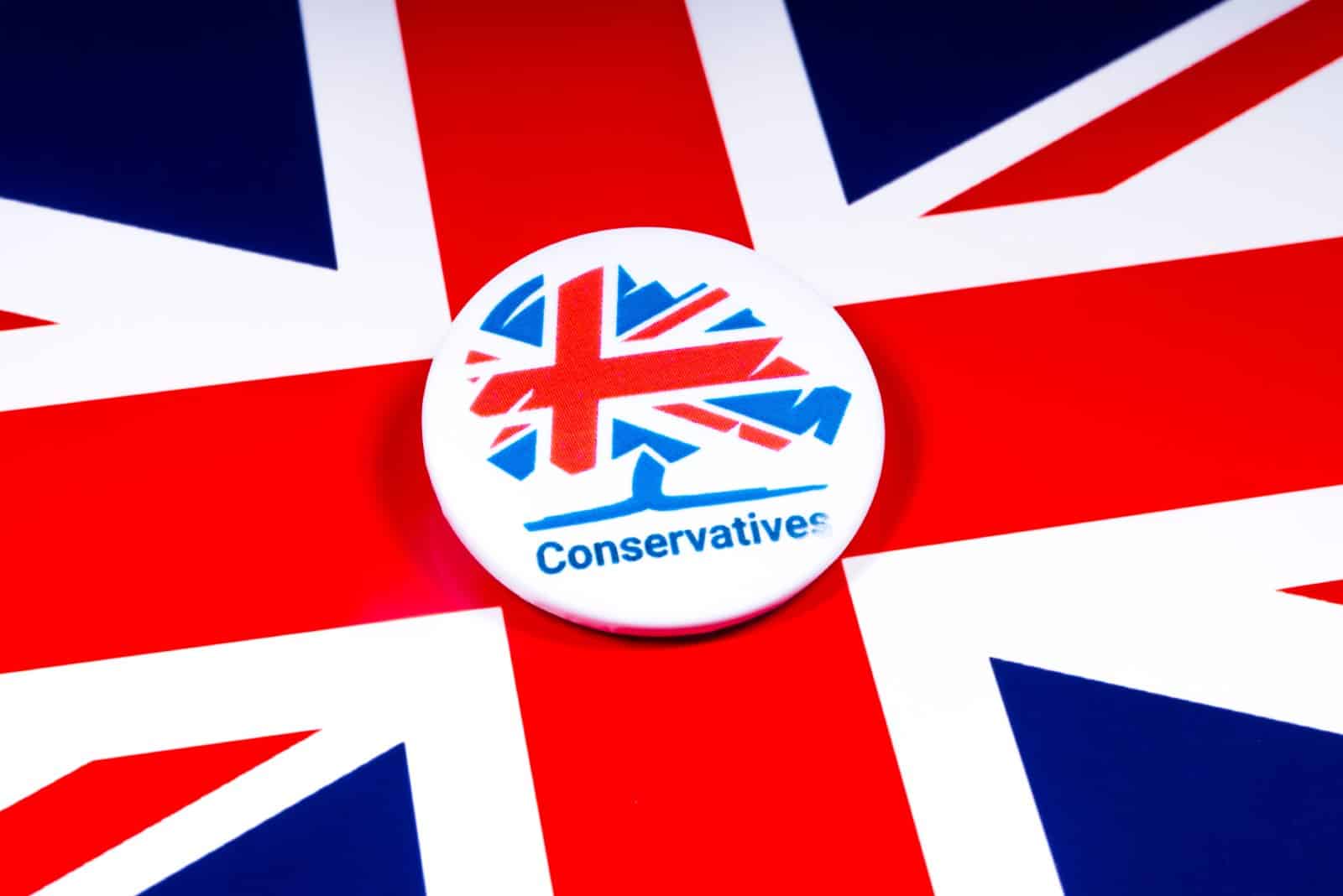
Unions, who faced years of bitter battles and strikes with the previous Conservative government, have warned that further strikes are almost inevitable if the pay recommendations are rejected.
Campaign Promises on Taxes
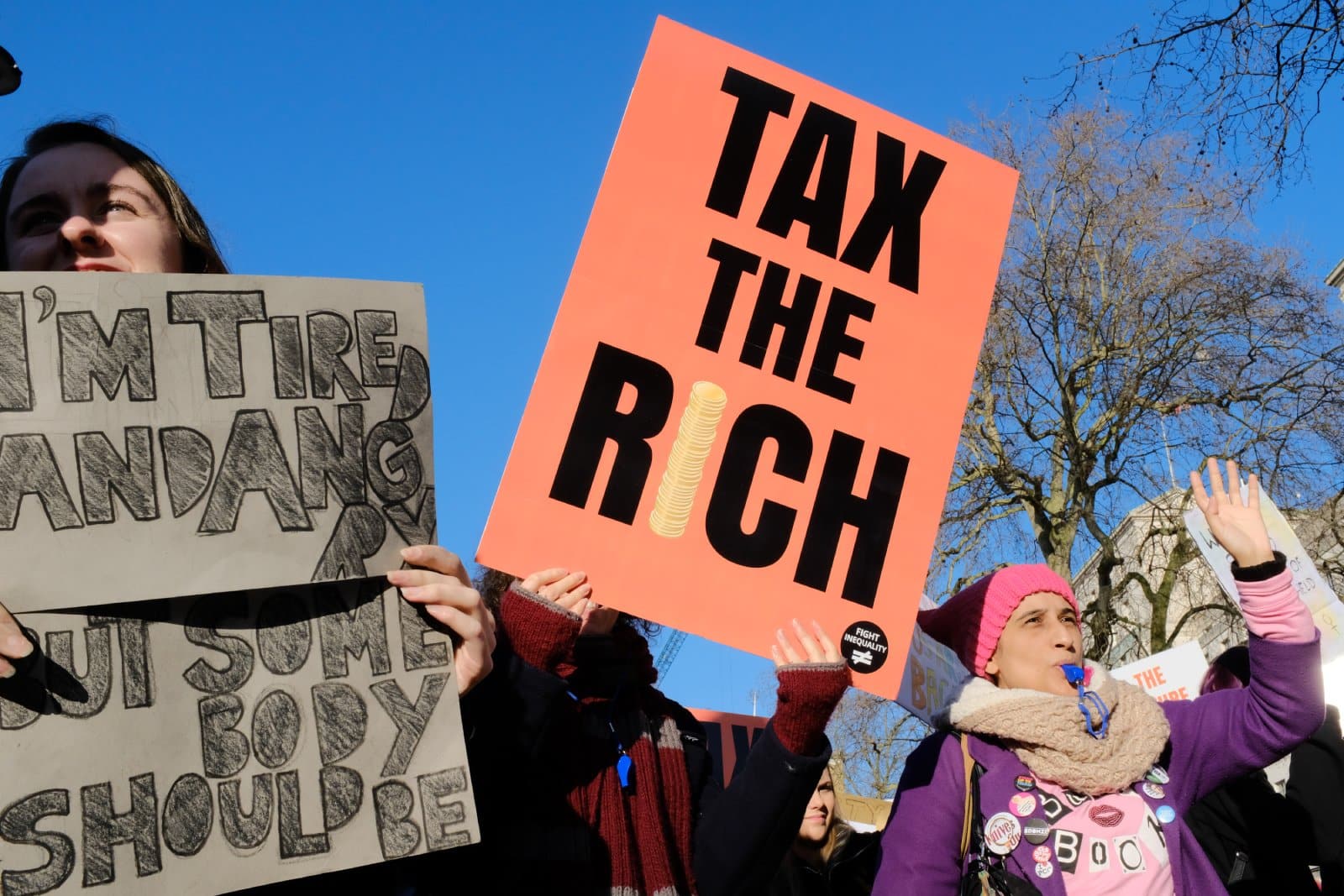
Labour’s campaign promises ruled out increases to working people’s taxes, which would have posed a significant hurdle in balancing the budget. However, during the campaign, Labour repeatedly refused to rule out tax rises that would financially affect those with the broadest shoulders.
Shadow Chancellor’s Criticism
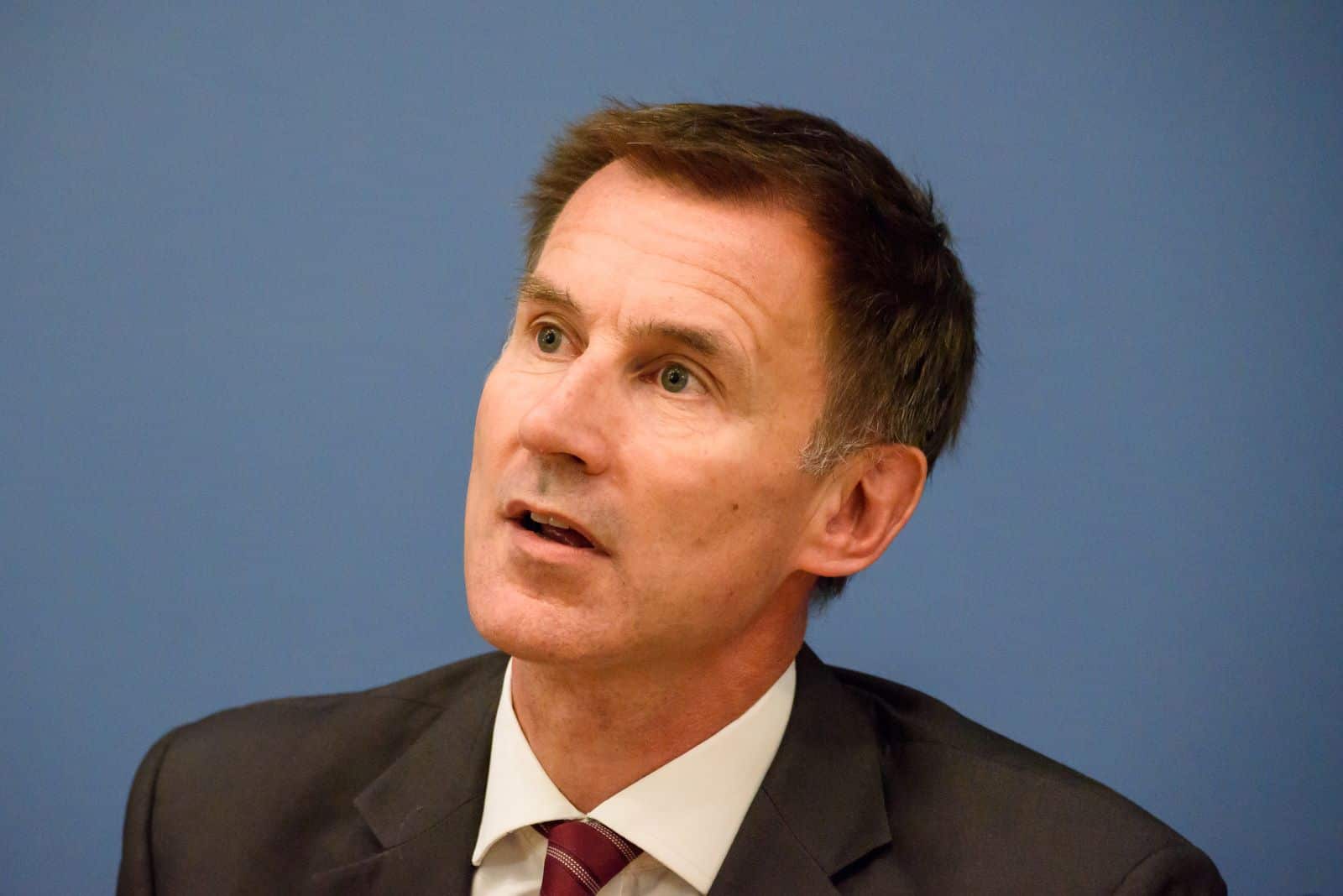
However, Shadow Chancellor Jeremy Hunt quickly jumped on Reeve’s suggestion as proof that Labour was reneging on its campaign promises. Hunt claimed it was “absolute nonsense” for Labour to suggest they had inherited a dire economic situation, adding, “This spin about this terrible economic inheritance is because Labour wants to raise taxes.”
IFG Report: Unsustainable Spending

The Institute for Government (IFG) released a report indicating that current spending plans for public services, including the NHS, social care, schools, and the justice system, are unsustainable. The report suggested that without radical reforms, increased capital spending, and longer-term budgets, the quality of these services would continue to decline.
Call For Political Will
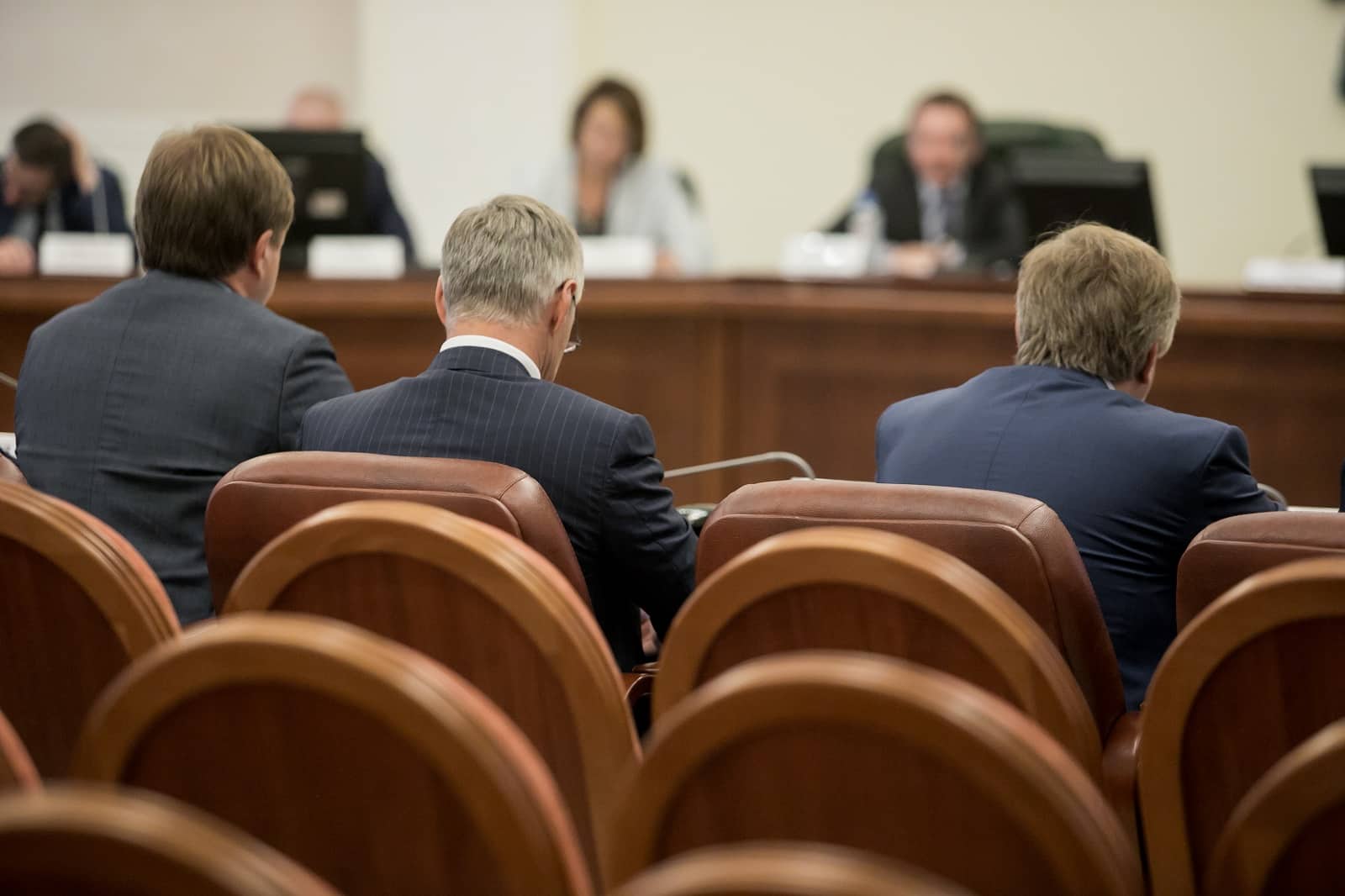
The IFG’s programme director, Nick Davies, called for “political will and bravery” to fundamentally rethink public service delivery. He proposed focusing on preventive measures, capital investment, and frontline innovation rather than maintaining a top-down control approach.
Minor Revenue Tweaks

Similarly, Zaranko suggested adjusting capital gains tax and other minor revenue tweaks might provide some relief. He stated, “There’s some moderately good economic news out there. It’s possible that they’ll sort of manage to fudge their way through by raising a little bit here, a little bit there,” he said. “But I think that the longer this parliament goes on, the trickier that will be unless they do manage to magic up some growth.”
Worst Economic Circumstances

Acknowledging the economic challenges, a government spokesperson stated that the administration had “inherited the worst economic circumstances since the second world war.” They added, “The chancellor has asked officials for an update on the fiscal situation and will present this to parliament this month.”
Reality vs. Promises
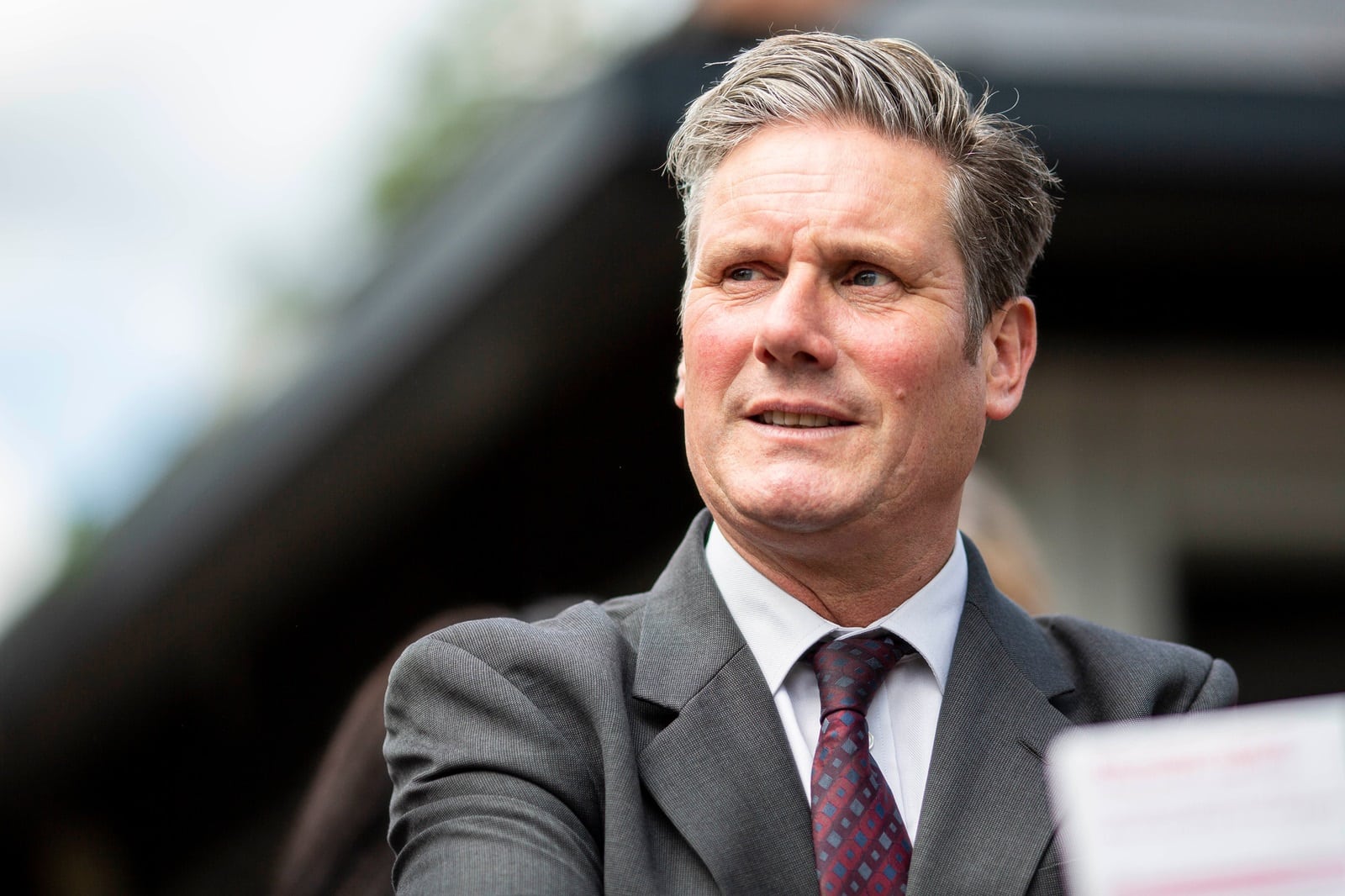
Labour’s commitment to its election promises on tax and spending is now set to collide seemingly inexorably with reality. Significant hurdles remain for Reeves, the UK’s first female Chancellor, amid ongoing economic pressures and public sector demands.
Will They Fudge Through?
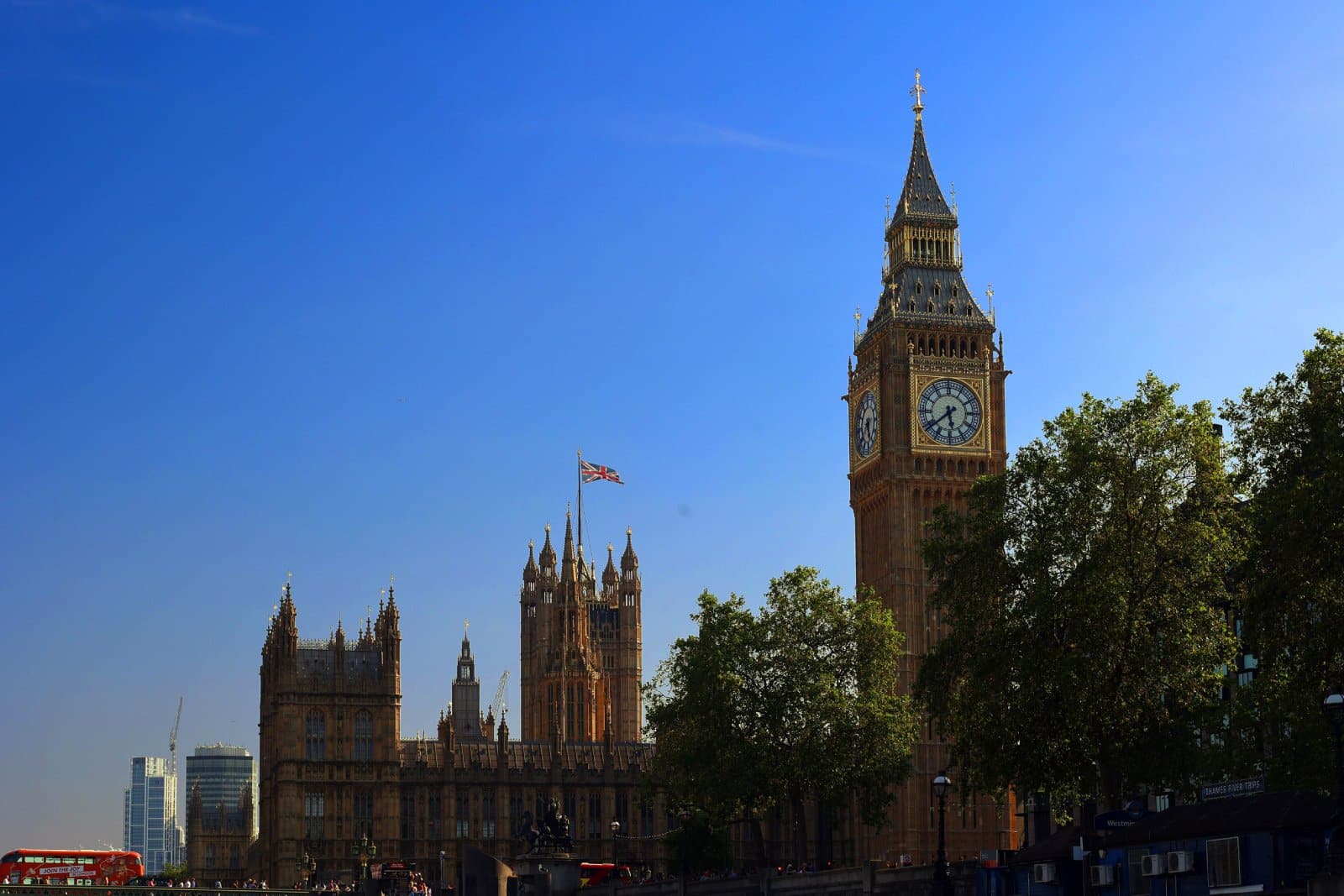
It remains to be seen whether Labour will manage to “fudge their way through” this, the first severe financial issue the government has faced, or if its campaign pledge not to raise working people’s taxes will turn out to be an empty promise.
Featured Image Credit: Shutterstock / Ajit Wick.

